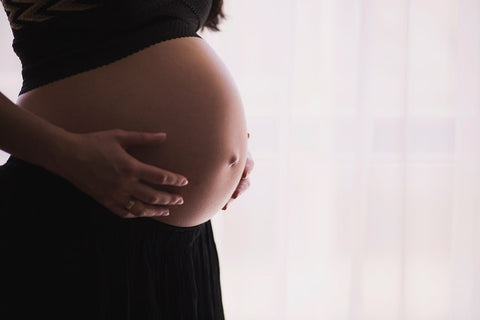Women Told to Lower Caffeine Intake During Pregnancy
Posted by Martin Birkhead on

Women Told to Lower Caffeine Intake During Pregnancy
As widely reported in the national media, a recent study is urging women to drastically reduce their caffeine intake during pregnancy.
Based on 48 studies over 20 years, the research from Reykjavik University suggested there was no safe level of consumption for women who are either with child or trying to conceive. The research revealed that even low levels of caffeine could increase the risk of miscarriage by up to 36%, stillbirth by up to 19% and low birth weight by up to 51%. Childhood leukaemia and obesity are also potential risks.
It was calculated that if every pregnant woman in the UK consumed 200mg of caffeine a day, 70,000 babies would be harmed. The report added that this is probably an underestimate as many women consume more than the advised maximum recommended caffeine level.
It is worth noting that other research has found that pregnant women do not need to cut caffeine out entirely because these risks are extremely small, even if the recommended caffeine limits are exceeded.
What does the NHS recommend?
Current NHS guidance states that pregnant women should limit their caffeine intake during pregnancy to 200 milligrams per day — roughly two mugs of instant coffee. High levels of caffeine intake during pregnancy can result in babies having a low birthweight, or lead to a miscarriage or birth defects.
How does caffeine affect pregnant women?
Normally, it takes around five hours for blood levels of caffeine to halve. However, during pregnancy, it takes the body far longer to recover. By the 38th week of pregnancy, it can take 18 hours for caffeine levels to halve.
Want not try tea?
Tea has a much lower level of caffeine than coffee, with decaffeinated varieties and even caffeine-free herbal teas. If you want to find out more, the friendly experts at The UK Loose Leaf Tea Company are always on hand to help.
